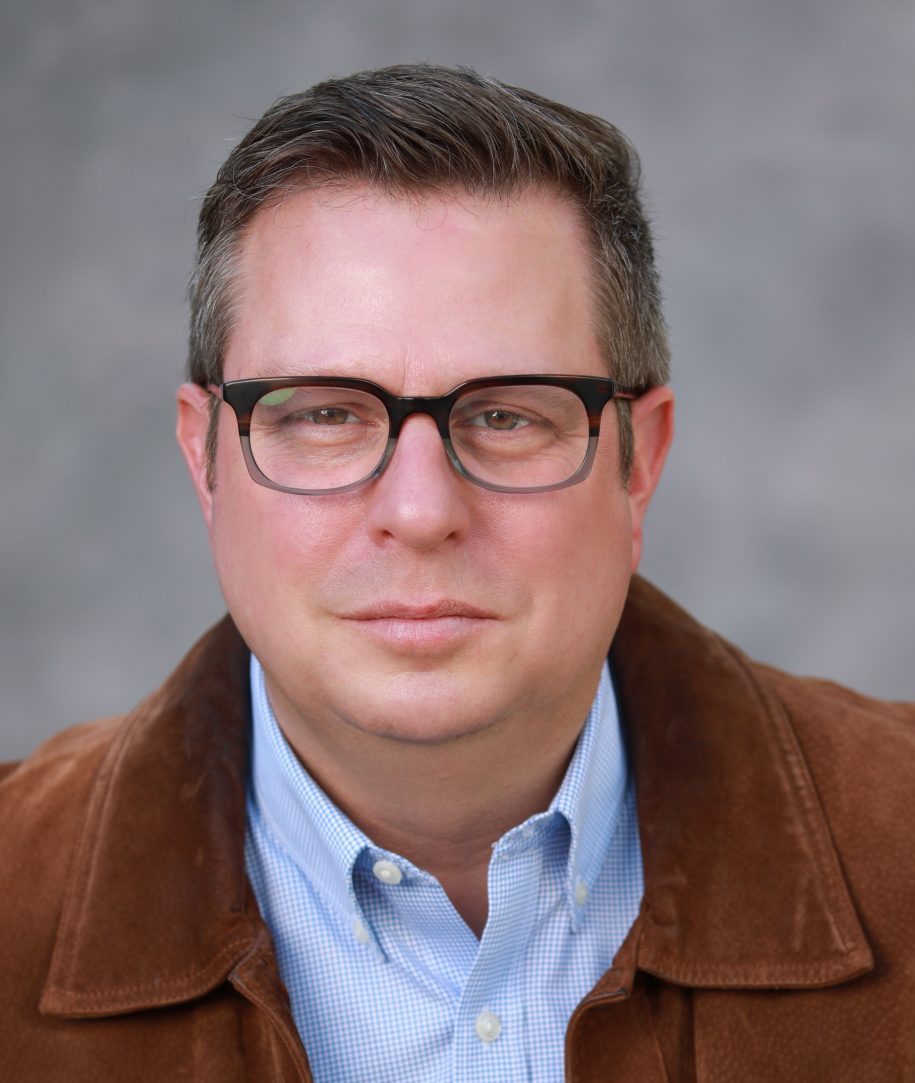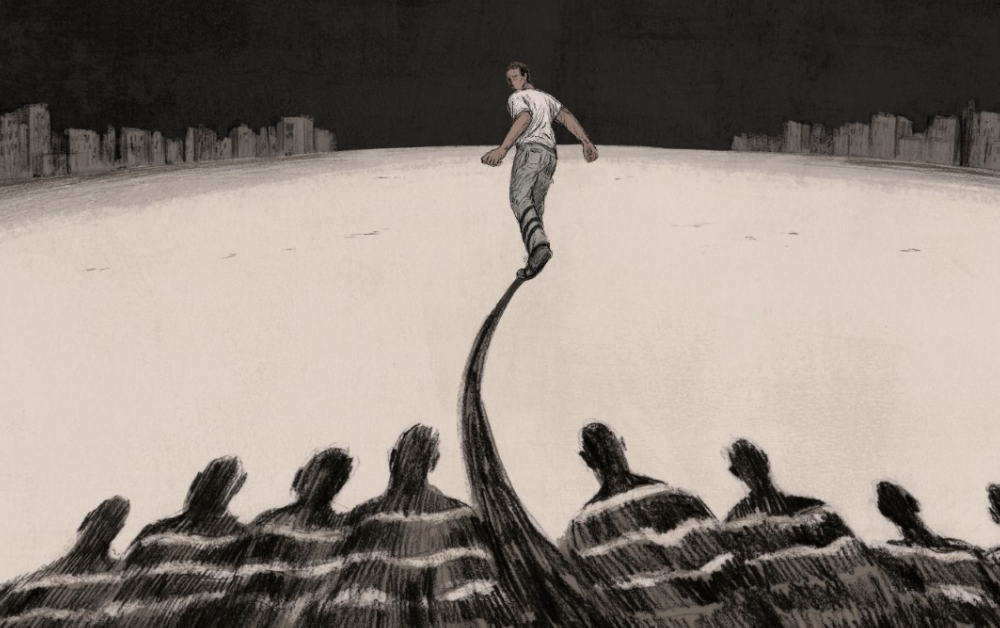Criminalization and incarceration of people with non-violent offenses that have co-occurring substance use disorder (SUD) and mental health disorders has created an expensive and self-perpetuating cycle of intergenerational trauma without society providing an adequate approach. We should be working on a “whole person” solution that would enable these individuals to heal holistically from the causes and conditions behind their crimes. When you address the root causes and build a livable foundation in recovery over time you can create a lasting solution to reduce recidivism, relapse into active addiction, forced mental health institutionalization, and chronic homelessness.
About 63 percent of people sentenced to jail and 58 percent of those sent to state prison suffer from drug dependence or misuse, compared with just 5 percent of the general population, according to a 2017 report from the Bureau of Justice Statistics.
The resurgence of the Black Lives Matter movement in 2020 also re-focused people in the recovery community on the disparities in the justice system for people with substance use disorders (SUD), especially people of color. “The United States today has the highest incarceration rate, as well as the largest number of people living under correctional control more broadly (including probation and parole), than any other country on the globe, according to this Cambridge University study.
The passage of the Sentencing Reform Act in 1984, the Anti-Drug Abuse Act in 1986 and the Three Strikes law in 1994 among many other pieces of legislation on the state and federal level, further criminalized SUD people in the U.S. while drug use remained steady and violence surged. At the same time, mental health federal funding was reduced without adequate compensation of local services support which combined with co-occurring SUD created an explosion in homelessness and drug related arrests. “The justice system is ill-equipped to respond to these human conditions, resulting in far too many people cycling in and out of jail instead of getting the support they need to lead healthy and productive lives,” according to the LA County Alternatives to Incarceration Work Group Final Report.
According to Drugpolicy.org, “nearly 80% of people in federal prison and almost 60% in state prison for drug offenses are black or Latino.” In addition, research shows that prosecutors are twice as likely to pursue a mandatory minimum sentence for black people as for white people charged with the same offense.
At our nonprofit we often have residents who have significant and tenuous histories of chronic or periodic homelessness and/or incarceration. It is common for our residents to be on probation or parole for drug-related offenses where a condition of their supervision is successful completion of our year plus long recovery home process. “Many people with substance use or mental health disorders do not receive treatment. And though the availability of treatment has improved in some areas, many people on probation and parole cannot access needed services because of financial, transportation, and other resource limitations.” – PEW report on Policy Reforms Can Strengthen Community Supervision
Having an integrated and advocating relationship between our residents, supportive family, our peer mentoring alumni support community, and their outside mental health, wellness, medical, dental, and legal/justice organizations, is crucial to creating a successful support network and foundation for their long-term recovery from drug addiction and alcoholism.
What’s more, a 2018 Pew analysis compared publicly available data from law enforcement, corrections, and health agencies and found no relationship between drug imprisonment rates and rates of drug use, overdose deaths, or arrests for drug law violations, indicating that incarceration does not discourage drug use.
What we are currently missing in our society is a holistic approach to help vulnerable populations survive and thrive with proper support for a year plus period of time. Optimally, they would be housed in the same safe environment with the same consistently supportive people, engaged in a process with depth and weight, so it becomes a durable new way of living instead of just a bright pitstop on their previously dark path. This approach can help the country create lasting recovery for people at risk.
Incarceration should be a last resort – not the first – as it often is in our country. Research has consistently shown that more severe criminal justice responses are ineffective at deterring drug use or mitigating the harm it can cause, according to a study from The University of Chicago Press Journals on Imprisonment and Reoffending.
During the October 2020 presidential debate, the then-Democratic nominee Joe Biden said, “No one should be going to jail because they have a drug problem,” which is a welcomed approach and good news for our country.
As we have seen, the pandemic has only made suicide, overdoses, relapses, incarceration, and escalation of mental health conditions worse, and created a more desperate need for alternatives to incarceration, which is almost always a symptom of a deeper set of causes. And while I recognize and believe that poor choices should have consequences, without treating the root causes, the symptom will always eventually reemerge, and often in a worse form. We can’t wish SUDs away with incarceration, and the work we do and encourage you to engage in and/or advocate for are solutions that truly address the underlying causes behind people’s SUDs and associated criminal offenses and seek to create lasting healing and change. This will not only impact the individual, but also help our country heal and return to a belief system based on connection and community.


